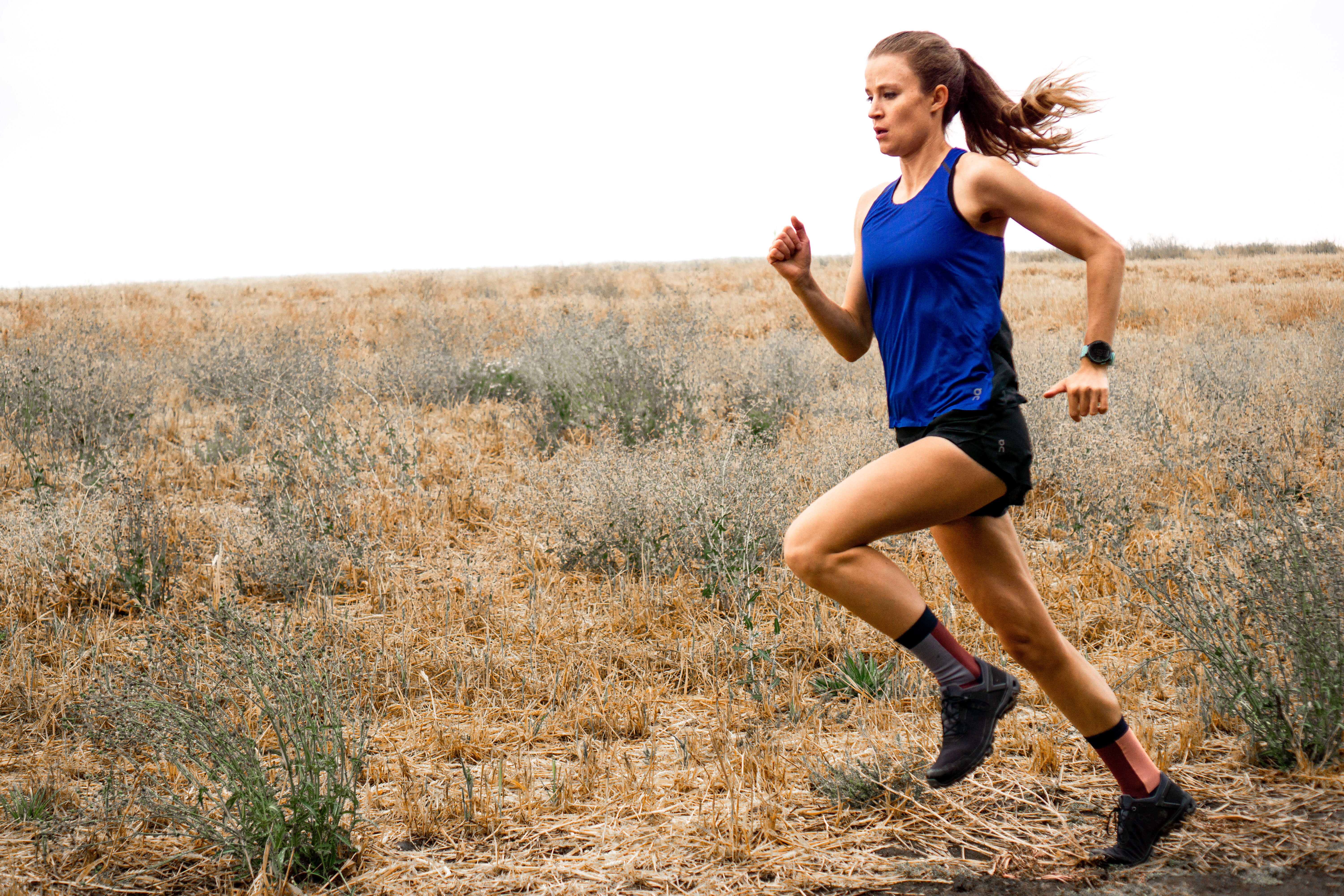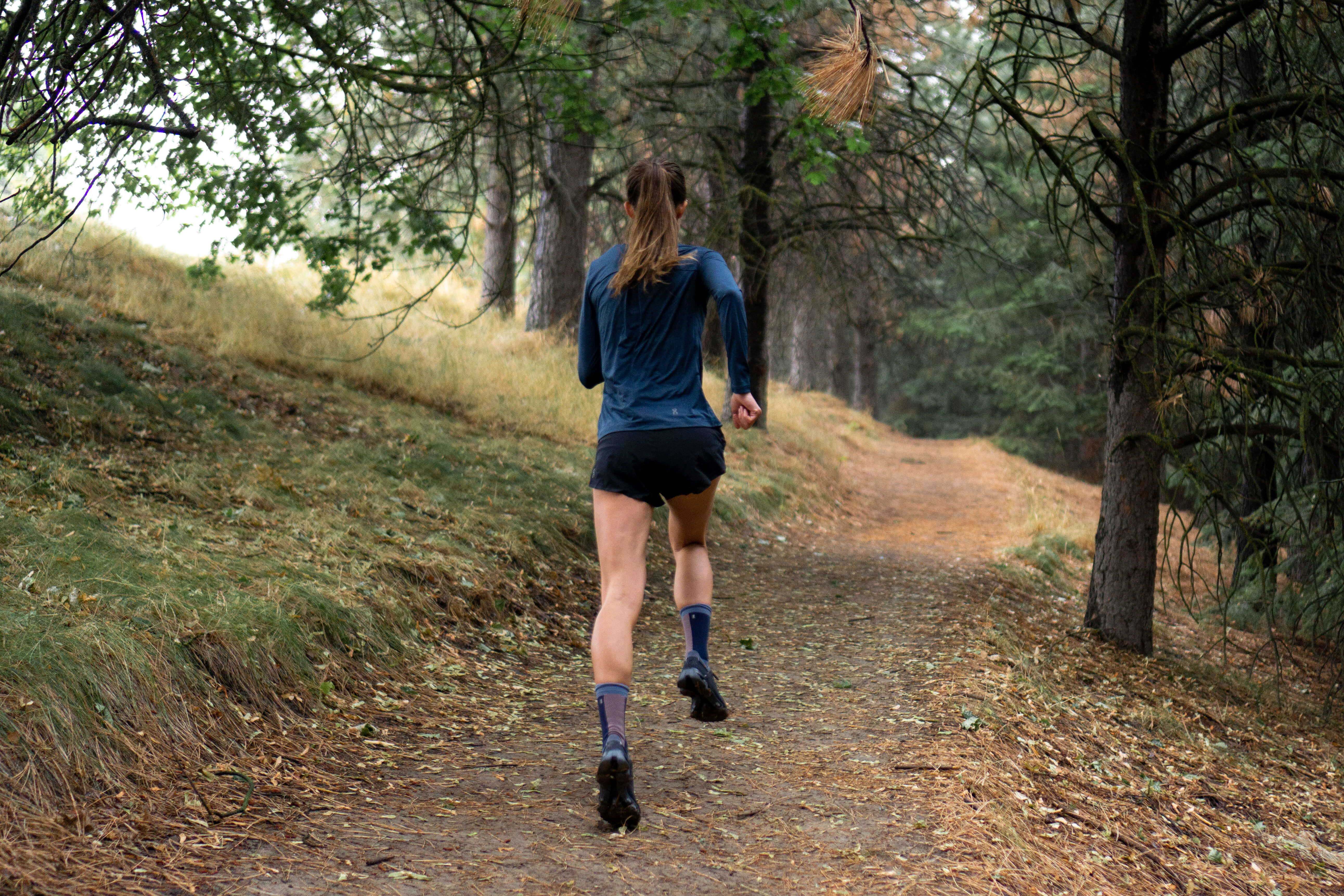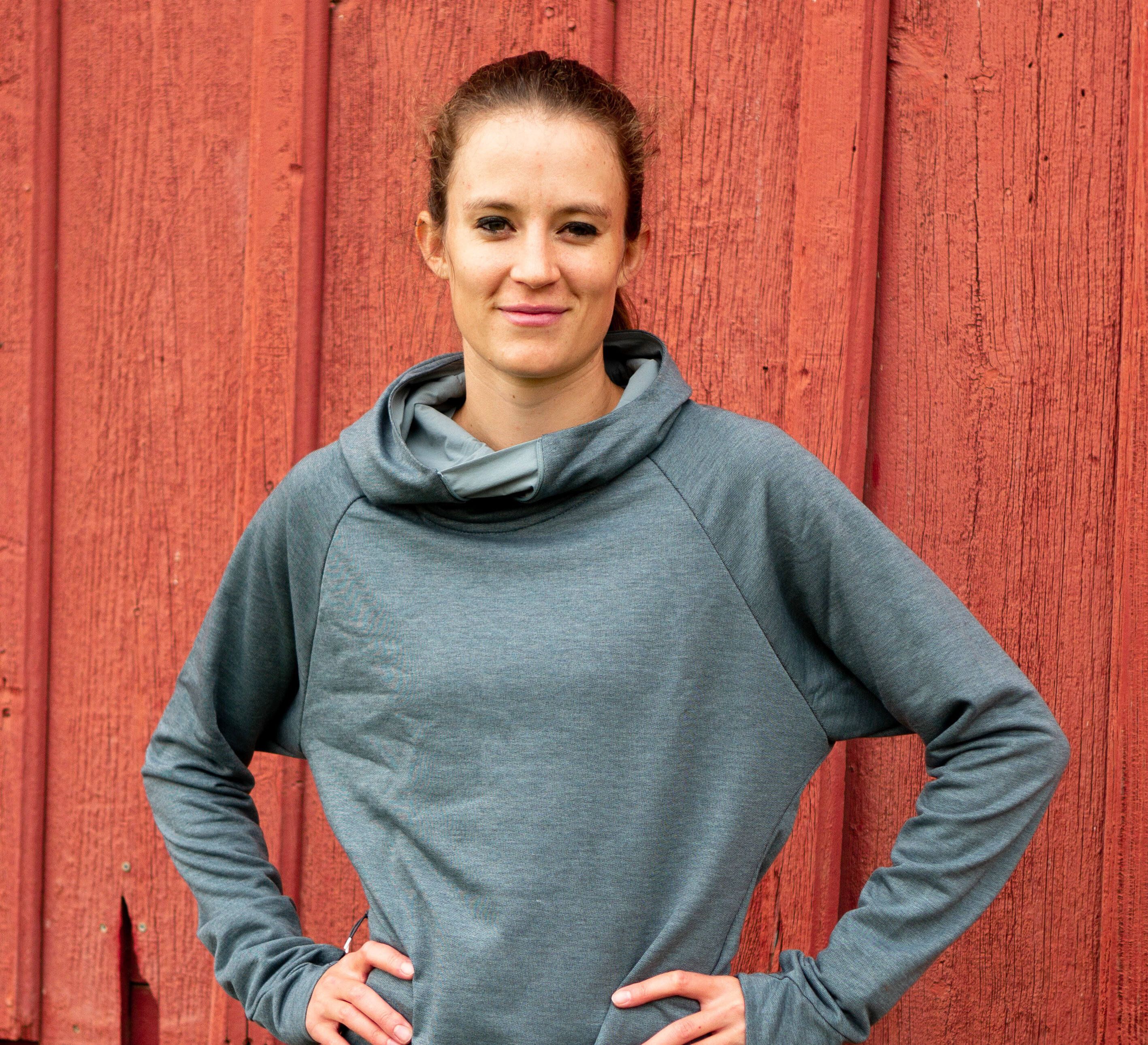
(2 Minute Read)
For as long as I can remember, I have wanted to be a professional runner and qualify for the Olympics. I viewed professional athletes’ lifestyles as the quintessential life on repeat: running, eating, running some more, and sleeping; I mean how could one not want to solely focus on the sport they loved? Since I began my post-collegiate running journey, I have always been juggling chaos. From teaching a philosophy of human movement class, helping coach a collegiate cross country and track team, working on my doctorate, sometimes working at a café, and running; life is busy. In the past, my friends and family have asked if I should consider solely focusing on running. Logically, if I had more time to recover, sleep, and reduce the stress in my life, my running might improve. I seriously considered moving back to my hometown in Colorado because living with the Rocky Mountains as my playground would allow me to truly focus on running. I would find a part-time job and run. However, as many people experienced, the COVID-19 pandemic provided the time for reflection to determine what was meaningful in my life.
The pandemic forced many aspects of society to shut down, which meant collegiate sports were not happening and the café I worked at closed temporarily. Due to the situation, I was finally living the professional athlete life I had always envisioned. From March through August of 2020 I was focused solely on running. I was just running, eating, and sleeping on repeat. Initially, I was excited for the extra time to focus on myself and improve some of the areas of my training that are neglected due to the normal chaos of life. My stress was nonexistent, and I was consistently sleeping more than I ever had, even taking naps during the day, which were benefitting my training. I drove to the local mountain weekly and sought out soft surfaces daily, which I was unable to do pre-COVID-19 due to time constraints. I used to solely run from my apartment for easy runs and workouts. I was only able to drive to soft surfaces on the weekends when I had more time.

However, I had a realization once I had attained my dream. While running gave me a purpose every day, the experiences lacked meaning because I was not sharing them with others. I mainly train alone regardless of COVID-19, though I missed the shared experiences of coaching and helping others in their running journeys. My mental health suffered. I remember telling my boyfriend that I felt like I had no purpose, which upon further reflection was the lack of meaning I was experiencing. My time in quarantine also uncovered that while I may identify as a runner, I am not only a runner. I was missing my “spark” or all the other aspects of my life which are meaningful. I also realized that while I may have a love affair with running, running by itself is not fulfilling.
Even though quarantine was less than an ideal experience, I am now no longer concerned with moving to a place more conducive for my training. I am convinced that I thrive in the chaos of my life. My insane schedule is not what most would consider an “ideal” schedule for a professional athlete, but my running becomes more meaningful and enjoyable when the sport is not the center of my life. Despite my stress levels being lower during quarantine, I am now more at peace in my insanity. I am a runner, but I am also a coach, teacher, and student. All my roles in life not only give my life meaning but allow for my growth and development as a human. According to Garrison (1997), “Love begins in need and lack. Everyone passionately desires to possess what is good, or at least what they perceive as good, and to live a life of ever-expanding meaning and value” (p. 1). I originally perceived that the professional athlete lifestyle was what I desired. Though, once I achieved my dream life had more to offer than only running really fast.

According to Gill (2000), “…nearly all human activity and experience is characterized by this orientation toward meaning. The world is experienced as meaningful. We find ourselves engaged in meaningful activity, whether physical or mental, and we experience reality in terms of this meaning” (p. 41). I thought that ultimately reaching the dream would change my life. However, upon achieving the dream, I realized that finally attaining the desired outcome was not as meaningful as the experiences during the pursuit of the dream.
I realized that running was not meaningful to me based on the outcome. I always set outcome goals to give me a purpose, to help guide my training, though I love running because of the journey. After many experiences of allowing the outcome to dictate my life, the next phase of my running career is dedicated to appreciating the journey, not missing a step or a moment, and always remembering to run is to play.
References
Garrison, J. (1997). Dewey and eros. Teachers College Press.
Gill, J. (2000). Learning to learn: Toward a philosophy of education. Humanity Books.



Thank you for sharing your experience, Sam. Very much enjoyed reading what I would call your “physical activity story.” I loved the deep, rich meanings you discovered through some recent life experiences. I like to hear what you tell yourself before every race! Very much enjoyed your post. It provided a reminder about the value of physical activity and meaningful experiences.